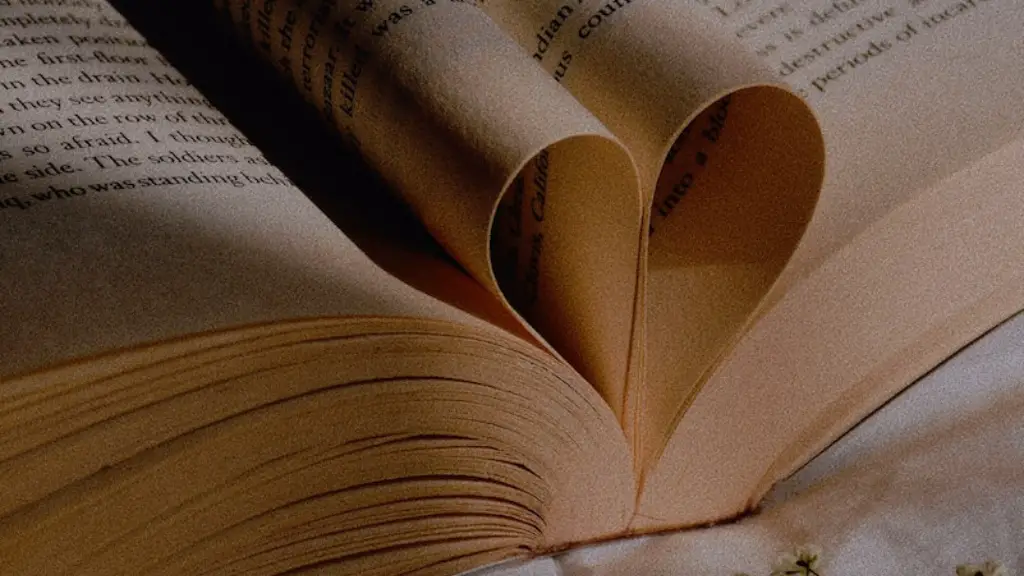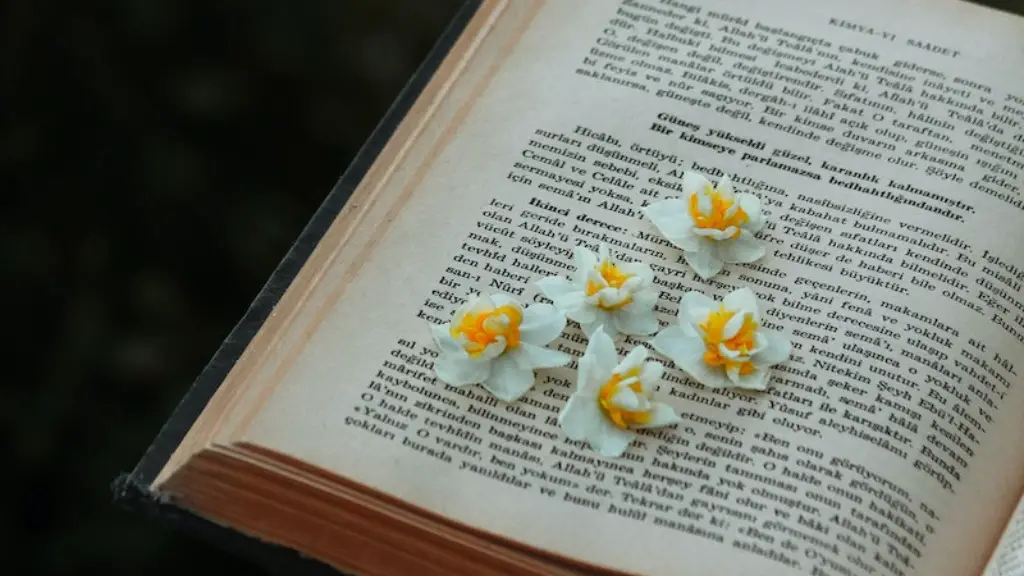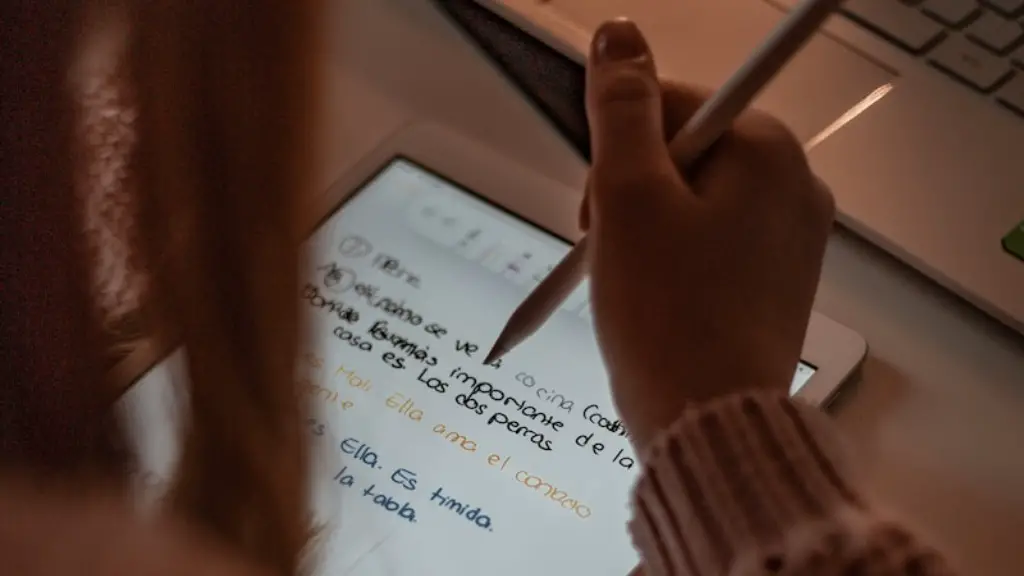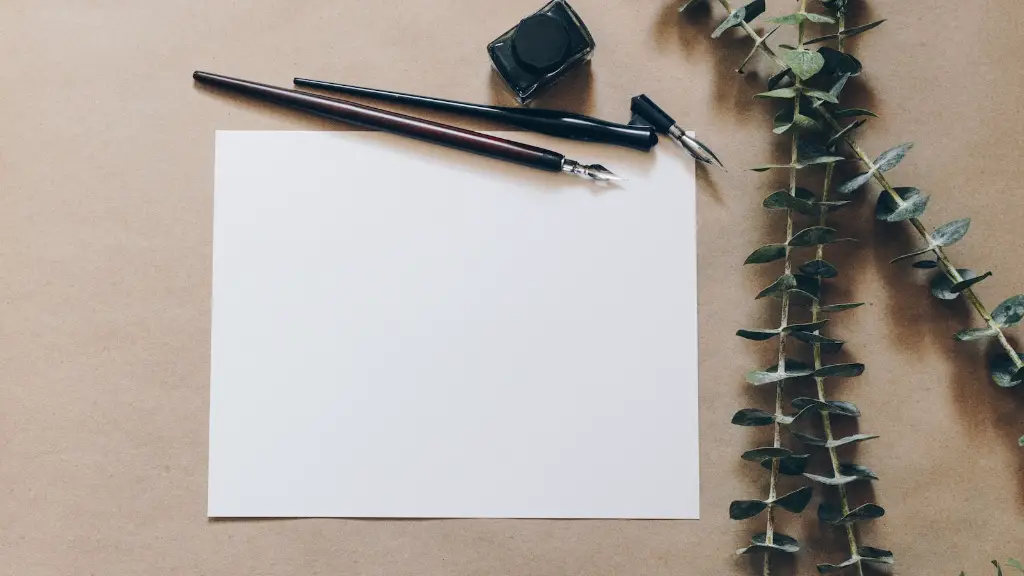Why Poetry is Important
Though it may seem obscure to some, poetry is a unique and powerful art form that has been a staple of human culture for centuries. It has had a profound effect on literature, literature, education, and even the arts. Poetry gives us the tools to express ourselves, the power to show our emotions and the ability to tell stories that can be appreciated by generations to come. In this article, we’ll explore why poetry is so important, with an emphasis on its varied uses and its ability to foster creativity.
Poetry has been one of the most popular forms of literary expression around the world since conscious language first began thousands of years ago. From ancient Greek, to the epic tales of Homer and the poignant words of Shakespeare, poetry has always had a place in our lives. It can be used to express the deepest of human emotions, to tell stories, to inspire, to educate and to bring about a sense of wonder.
In terms of its use in education, poetry has been shown to have a positive impact on students of all ages. By encouraging creativity and by teaching the value of language, it can help individuals learn new skills related to linguistics and problem-solving. Poetry provides a strong foundation for improving literacy in children and adults, which can ultimately help them learn a wide range of topics more quickly.
For those looking for an outlet for creative expression, poetry is an ideal choice. Poems are written in a wide range of forms, styles and voices, so there are many options for expressing yourself. This not only helps to create a personal connection to the poem, but can also help with the development of writing and speaking skills.
Poetry also has the power to inspire and motivate individuals. Whether it’s the resounding lines of an epic poem or the emotion of a heartfelt love poem, it can create a deep and lasting connection with the reader. It can also help to motivate people to pursue their dreams and develop their talents.
Lastly, poetry is an important tool for storytelling. Poems can tell stories in a way that is captivating and often quite powerful. They allow us to connect with characters, and help to create empathy and understanding between us. This can help to build bridges between cultures, generations and social classes.
How Poetry Is Used in Education
Poetry is one of the oldest forms of literature and has been used in classrooms across the world for centuries. Poetry can be used in a variety of ways to teach children and adults of all ages. It can be used to improve language and literacy skills, teach about history and culture, and inspire creativity and critical thinking.
In the classroom, poetry can provide an engaging, creative and interactive learning experience. Reading and analyzing a poem can help to improve the student’s literacy skills, by teaching them the importance of word choice, meter, rhyme and structure. It also helps to promote self-expression, by allowing students to express their feelings and ideas through creative writing.
Teachers can also use poetry to teach about culture and history. Through a discussion of poems from different countries, times and authors, students can gain a better understanding of the world around them. This can help to foster an appreciation of literature and language, while providing opportunities to explore different viewpoints.
One of the major benefits of poetry in education is its ability to inspire creativity in the classroom. By providing students with the opportunity to express themselves through writing, they can explore their own ideas in a safe and supportive environment. This can help to build confidence and enhance their problem-solving skills.
How Poetry Can Negatively Affect Education
Though poetry is generally viewed as an asset to the classroom, there are potential pitfalls. One of the primary concerns is the fact that some students may find it difficult to understand the concepts of poetry. For those students, the language of poetry may be intimidating, and the lack of understanding can lead to frustration and difficulties in the classroom.
Additionally, some students may struggle to find the inspiration necessary to write their own poems or interpret those of others. They may become overwhelmed by the complexity of the language, or find it difficult to connect to the topics being discussed. In some cases, this may lead to a lack of motivation in the classroom.
Another potential problem with the use of poetry in the classroom is students can focus too much on the creative aspects of a poem, rather than on its literary content. Students may be tempted to write their own poems without fully understanding the structure, form and conventions of the genre. In such cases, the message of the poem may be off-topic or difficult to interpret, and the overall quality of the poem may suffer.
Finally, some students may be intimidated by the technical terminology and concepts of poetry. This can lead to a fear of writing, which can have a detrimental effect on their confidence.
The Power of Poetry
Poetry has long held a special place in the world of literature and culture. Its ability to communicate complex ideas and to connect with readers has been the source of its enduring popularity. As a tool for learning, it can help to improve literacy and language skills, inspire creativity, and tell stories that can engage and educate generations of readers. It is also an art form with the potential to create connection and empathy across vast distances of time and space.
The power of poetry to inspire, motivate, and connect with readers has been recognized for centuries. Its versatility and its potential make it an important part of any educational toolbox, and its unique ability to communicate emotions and ideas make it an indispensable part of the human experience.
Conclusion
In conclusion, poetry is an art form with the ability to move and inspire readers. Its use in education is vast and its potential for creativity and self-expression is practically limitless. It can help to create a connection to literature and language and foster a sense of wonder and appreciation for the natural world. As such, it is an invaluable part of any curriculum or learning environment.




